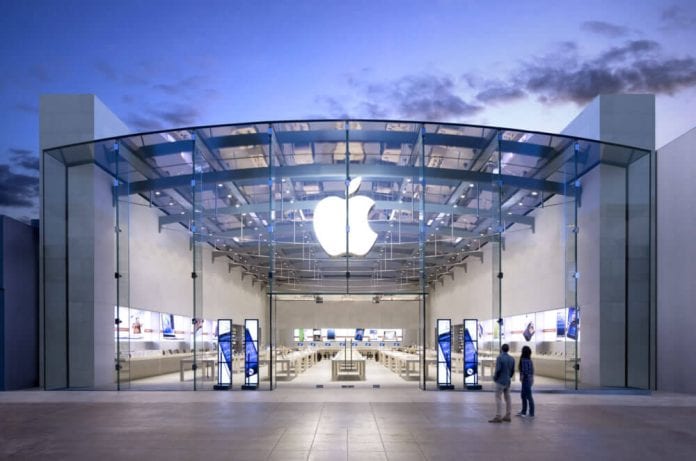The stock price of Apple Inc (NASDAQ:AAPL) declined 3.15% to $116.77 per share after Credit Suisse released a report indicating a weak demand for the new iPhone 6S.
Apple reduces iPhone component orders
In a note to investors on Tuesday, Credit Suisse reported its technology team in Asia recently observed that Apple’s iPhone supply chained became weak, which could have a negative impact on the shares of the company.
According to the Swiss bank, Apple reduced its components orders for iPhone by as much as 10%, which appeared to be “driven by weak demand for the new iPhone 6S.” Credit Suisse estimated that the tech giants overall iPhone production for the December quarter is below 80 million units and around 55 million to 60 million units for the March quarter.
Credit Suisse reduced its estimate for iPhone sales for CY16 to 222 million units from 242 million units to reflect the Apple’s production cut.
The firm maintained its Outperform rating on Apple’s stock and advised investors to “buy any dips.” Credit Suisse believed that “any weakness created an attractive entry point.”
Outlook for iPhone business
Although near-term pressure exists, Credit believed that is not yet the end for the iPhone business based on the following reasons:
- The iPhone installed base will still grow to 615 million over time driven by its recent expansion of 24% in the past year
- The new installment plans will help boost higher units over time
- Apple’s recent capex guidance and purchase obligations suggests a 25% upside on iOS units, which offers evidence that the tech giant is considering to launch a 4-inch screen device
Credit Suisse believed that now is the right time for Apple to sell a smaller, lower-end iPhone. The Swiss bank noted that the previous iPhone 5C, which was offered at a price range of $549 to $649 was very expensive compared with alternative high-end Android devices.
The Swiss bank believed the tech giant would generate incremental revenue and EPS from a 4-inch iPhone without the Force Touch technology. “We believe a 4-inc devices priced at around $400-500 could actually complement the portfolio and would be sufficiently differentiated from flagship devices to minimalize cannibalization,” wrote Credit Suisse.









